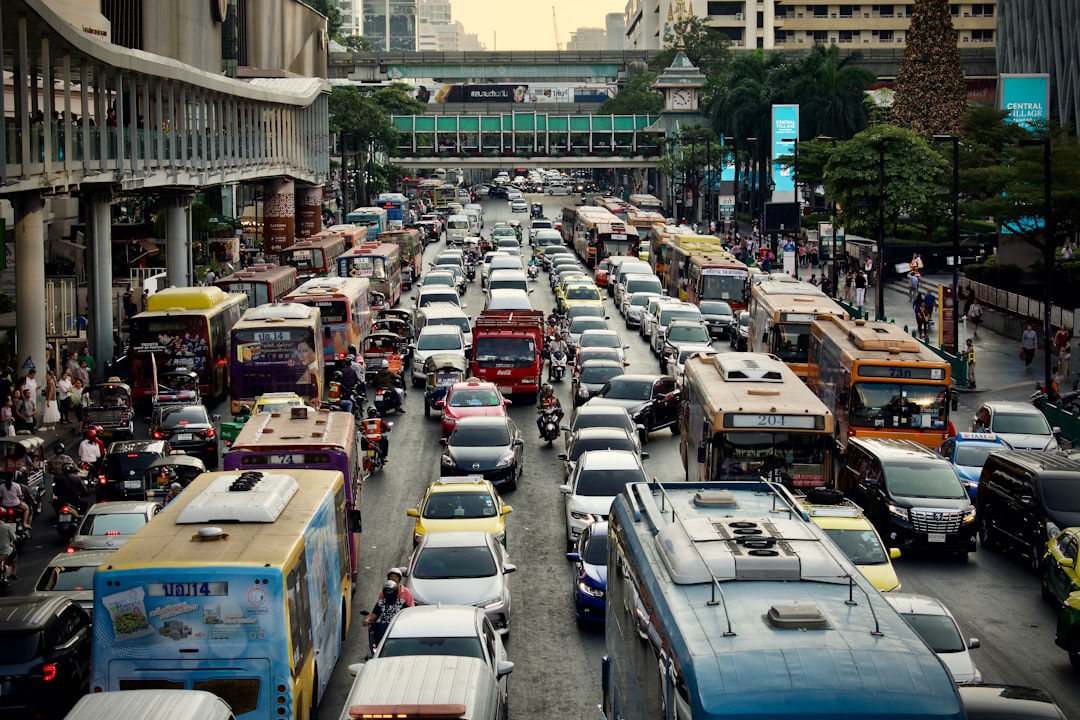First Key To A Happier Holiday
Hi there and welcome back,
During my long career as a clinical psychologist, a comment I hear too often is that a client’s holiday—most often a long-anticipated holiday—has let them down. ‘We had everything booked, bought the best of everything, but it just wasn’t as good as we’d expected,’ is the sort of thing they’ll say.
Why are we so often disappointed once we finally realise a goal or carry out an activity we’ve been looking forward to for some time?
The reason is that until the event is upon us, we’re totally in control of how it will turn out.
When we’re planning something, we can sort out problems instantly, and more to the point—overlook any difficulties we choose to overlook—because at that point the event is only a dream, something existing only in our imagination. But when the event is actually happening, we’re no longer in control of whether trains will be cancelled, or that there will be such long queues at the airport that we miss our flight.
This contrast between the imagined perfect holiday when we’re in the planning stage, and our actual holiday with all its imperfections, is so common that when Jeroen Nawijn and his colleagues at Erasmus University what they considered to be the happiest part of their holiday, most respondents chose the planning stages.
What does this finding teach us? Two things, I think.
First, take time to plan your holidays. Start long before your leaving date. Explore all sorts of possibilities. This is the best bit, so savour it!
Second, once you’ve settled on what you’re going to do, but before you make your bookings, change the way you think about your holiday. Deliberately imagine everything that could go wrong (in my next post, I’ll highlight two areas in particular to consider). Next, imagine what you can do now either to avert the problem, or what you’ll do if the problem occurs during the actual holiday.
Take your choice of destination as an example. Have you arranged transport from the train station or airport to your hotel or cottage? How far away is it, and how long is it likely to take (so you can be prepared realistically for total travel time). Are you leaving home prepared to transport delays, with games for the children you can produce as a welcome surprise, and snacks and drinks to keep hunger from spoiling moods while you wait out the delay?

It’s really important to complete all your ‘what if’ planning before you make your bookings. That way, you’ll book more realistically—for example, allowing longer time to change planes or trains, or allowing extra time for breaks to stretch your legs and exercise your dog during a car journey.
Finally, once you book, feel free to imagine your holiday again—but this time, no doubt you’ll find yourself imagining something that’s still wonderful to anticipate, but one that is now an experience more in line with what will really happen.
And then just think how great it will be to return from your holiday saying, ‘Wow! That was such fun! And I didn’t feel let down. It was just how I imagined it would be!’
Until next time, happy realistic holiday planning!
Best wishes,
Linda


